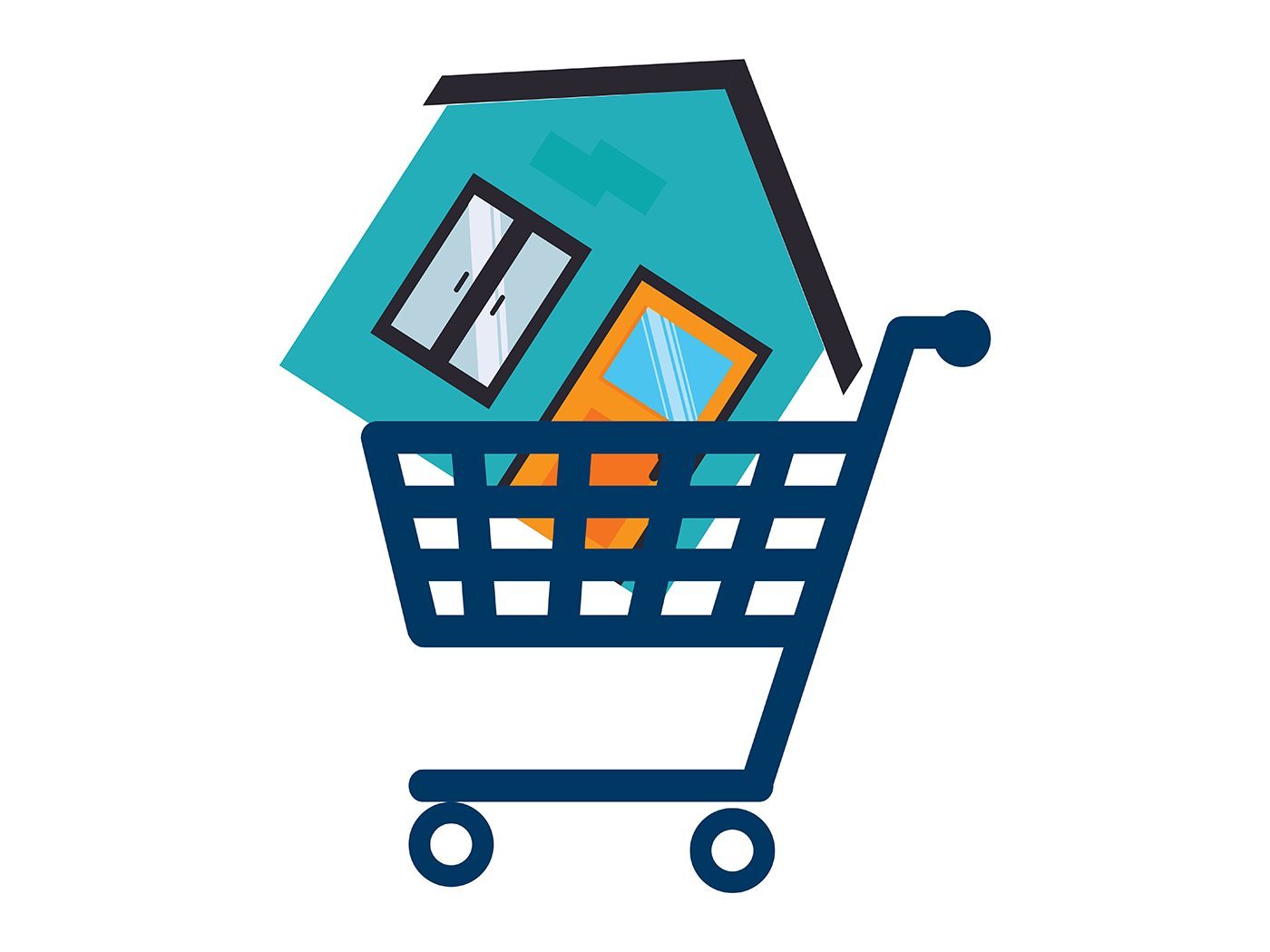5 Money Moves to Make Before You Buy a Home
 iStock
iStock
Buying a house is one of the biggest investments most people ever make, so it pays to do it right. Making the proper financial preparations before you go house-hunting can save money—and avoid frustration and surprises. Here, five things to do in advance:
1. Manage your credit situation
If you plan to take out a home loan, be aware that the interest rate you pay for money you borrow is determined partly by what’s in your credit history. If that history shows hiccups, you might face larger down-payment requirements or a higher interest rate. It takes time to repair your credit score, so start early. Easy ways: paying down credit card balances and paying all your bills on time. Use the free member benefit ProtectMyID to monitor your credit.
2. Determine what you can afford
Here’s a rule of thumb financial institutions use to determine how much money they’ll lend you: Your monthly payment (principal, interest, taxes and insurance) shouldn’t exceed 43 percent of your monthly pretax income. That’s not an ironclad figure, but it’s a quick way for you to set some realistic expectations as you begin looking for your new home. Another easy way to determine how much home you can afford: AAA Banking’s calculators.
3. Get preapproved for a loan
Now that you know how much you can reasonably afford each month, consult a mortgage lender to learn exactly how much money you have to shop with. Preapproval is usually a simple application with no obligation to accept the offer, and often can be done online. Explore your options with multiple lenders to ensure you get the best deal. Preapproval is important, to show sellers you’re serious about buying.
4. Save for your down payment
Your lender can give you a better idea of how much money you’ll need up-front. Traditionally, that’s been 20 percent of the purchase price. Some government lending programs, such as those from Veterans Affairs and the Federal Housing Administration, require as little as 3.5 percent down. The larger your down payment, however, the better loan terms you’ll get.
5. Build your savings account
Remember, your monthly mortgage payment is only the beginning of how much your house will cost you—a sobering reality for many first-time homebuyers. Additional costs can include home insurance, property taxes, maintenance, new furniture, paint and other items. Make sure you have adequate savings to cover estimated costs, so you don’t find yourself strapped for cash once you move in.